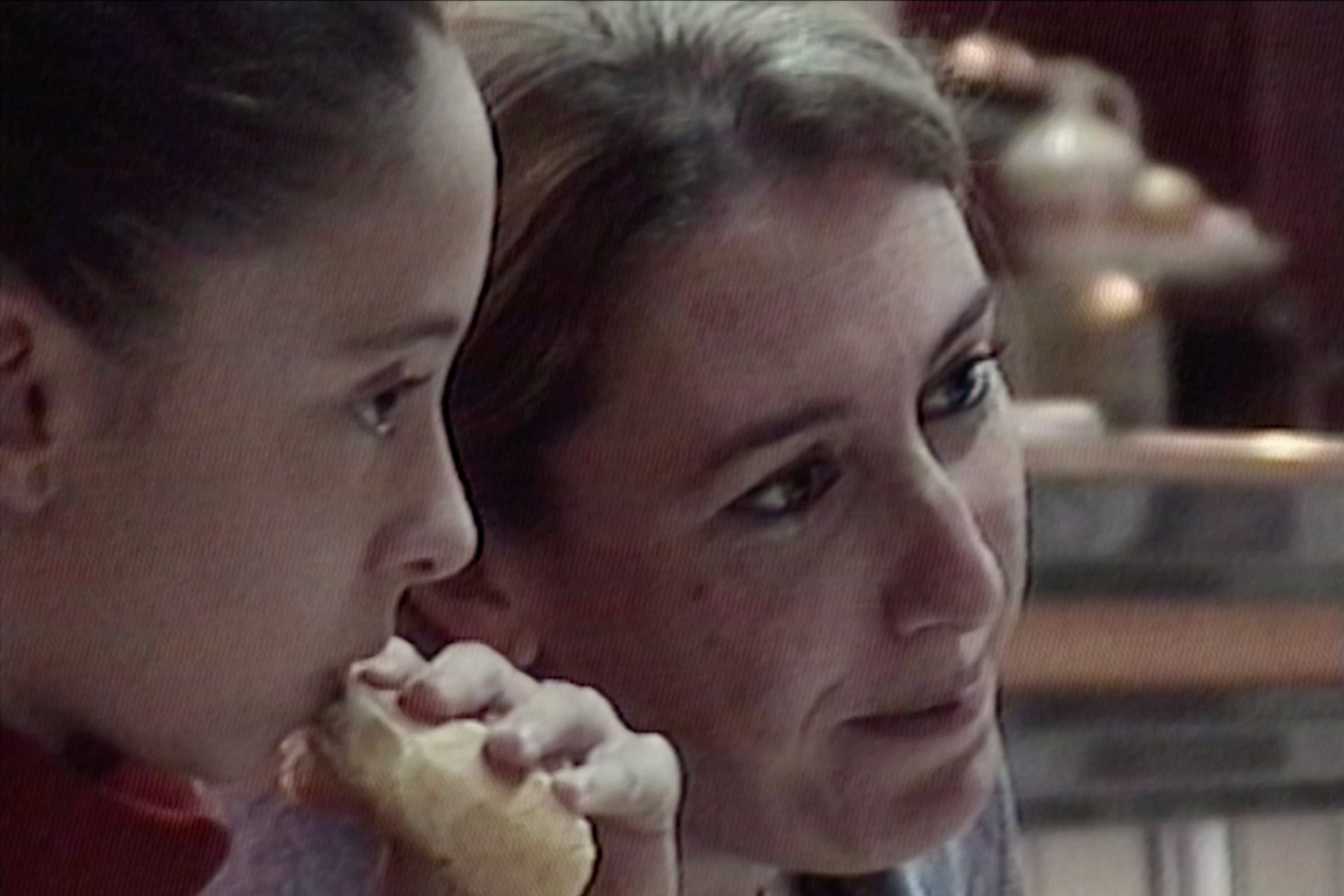Highly-rated Spanish director Luis López Carrasco follows up his critically acclaimed debut feature El futuro with El año del descubrimiento (The Year of the Discovery), which offers viewers an exhaustive and at times exhausting introduction to the political and social turmoil that has engulfed parts of Spain over the last three decades – and continues to do so to this very day.
The year referred to in the film’s title is 1992, notable for two major events in the country’s history. The first is The Universal Exposition of Seville, an event which marked the fifth centenary of the arrival of Cristóbal Colón (or Christopher Columbus to non-Spanish speakers) in the Americas, while the second is the 1992 Barcelona Olympic Games. Both events were intended to highlight Spain’s status as a “modern, developed and dynamic country” (in the words of the filmmaker), relatively newly acquired after almost 40 years of the Francoist regime.
While there was much to celebrate in Spain at that moment, there was much to lament, as well – something which López Carrasco’s documentary is intended to highlight. Rather than signalling Spain’s arrival on the world stage, the director presents an alternative view: that the two marquee occasions simply papered over the ever-widening cracks witnessed in other parts of the country. Hailing from Murcia himself, it’s no surprise that López Carrasco decides to focus on the regional city of Cartagena, which suffered greatly from the de-industrialisation of the era.
The director’s methods of doing so are both novel and notable. His decision to interview people who lived through the period is unsurprising, but his choice of venue to do so may be. Instead of stiff and stuffy interviews in a formal setting, López Carrasco transplants the action to a busy Cartagena bar, where cigarette smoke jostles with boisterous conversation and the clinking of crockery in a heady atmosphere. It’s a location that feels inherently Spanish and as such ideal for his cause, while the decision to use informal conversations rather than scripted questions is also instrumental in acquiring a sense of authenticity and social integrity for the film.
The other immediately noticeable directorial flourish is the film’s presentation. Shot in the Hi8 format that was so common three decades ago, the film instantly appears unpolished and archival, leading the audience to believe that these scenes were recorded in 1992. It’s only as we listen to the opinions and arguments of those onscreen that we realise it has actually been shot in the present day, despite the rebellious cigarette smoking indoors (which was outlawed in Spain in 2011). That, alongside López Carrasco’s decision to split the screen in two in order to juxtapose the voiced opinions of one or more interlocutors with the facial reactions of others, is one of the two most striking elements of his presentation of the subject matter.
Together, these touches help to create a documentary that feels like a disorientating but illuminating night at the pub among friends. Much like the not unpleasant confusion of gentle inebriation, the film sometimes leaves us questioning basic facts (like what year it is), but also forming and revising our own opinions about the situation in Spain in 1992 and the present day – and by extension, the world’s current state of play. Zeitgeist is a word that’s almost cringeworthy in its repetition and misuse these days, but this film certainly feels close to it.
Not that the documentary isn’t without its challenges. 200 minutes is a hefty runtime for any piece of cinema and for one as relentlessly dense as this, a non-Spanish audience might feel their patience tested a little. Some scenes in particular feel still relevant but perhaps overly long, and some trimming of the flab could have helped to communicate the same sense of ennui and frustration but with added emphasis. Having said that, these are minor quibbles in what is an inventive and highly educational piece of filmmaking for anyone with an interest in learning more about Spain’s recent (and ongoing) history.
Screening as part of the Catalan Film Festival 2020


Comments